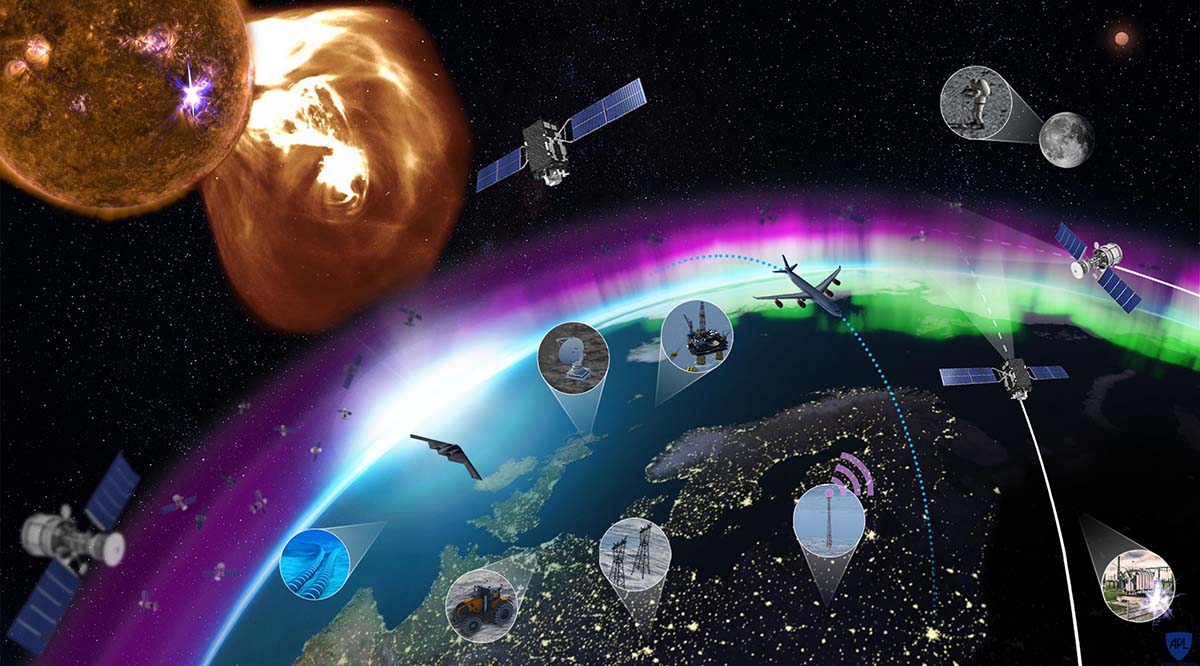Recognizing these potential effects on a world that’s increasingly dependent on space-based technology and determined to launch more people into space, the Promoting Research and Observations of Space Weather to Improve the Forecasting of Tomorrow (PROSWIFT) Act was passed in 2020. The law required the formation of an advisory group, SWAG, to aid the National Science and Technology Council’s Space Weather Operations, Research, and Mitigation (SWORM) Interagency Working Group (IWG) in preparing and protecting the nation against the impacts of space weather storms.
“I am honored and humbled to be selected as a member of this advisory group and to represent the scientific community,” Ho said. “I am thrilled to be in a position to use our research to help guide our nation to forecast, prepare for, mitigate, respond to and recover from space weather phenomena.”
Ho brings more than two decades of experience in space physics and space weather research to the panel. Currently, he is the principal investigator of the EPD/Suprathermal Ion Spectrograph instrument on the European Space Agency’s (ESA) Solar Orbiter spacecraft and a co-investigator of the Solar Wind Electrons Alphas and Protons (SWEAP) instrument suite on NASA’s Parker Solar Probe. He previously served on NASA’s Heliophysics Advisory Committee (HPAC) and as a committee member on NASA’s Space Weather Science and Observation Gap Analysis, which assessed the agency’s capabilities to address scientific questions and improve space weather forecast models and identified high-priority measurements needed to improve forecasting abilities. Ho has also served in various scientific roles on several other space missions, including NASA’s Advanced Composition Explorer and NASA’s MESSENGER mission, and will serve on ESA’s upcoming JUICE mission.
Ho will be one of 15 group members from the scientific community, commercial sector and end users on SWAG. The group will help advance the United States’ space weather enterprise and conduct a comprehensive survey to identify the research, observations, forecasting, prediction and modeling advancements needed to improve space weather products. SWAG members will each serve for a three-year term.
For more information on APL’s space weather research, please visit https://civspace.jhuapl.edu/science/areas/space-weather.

